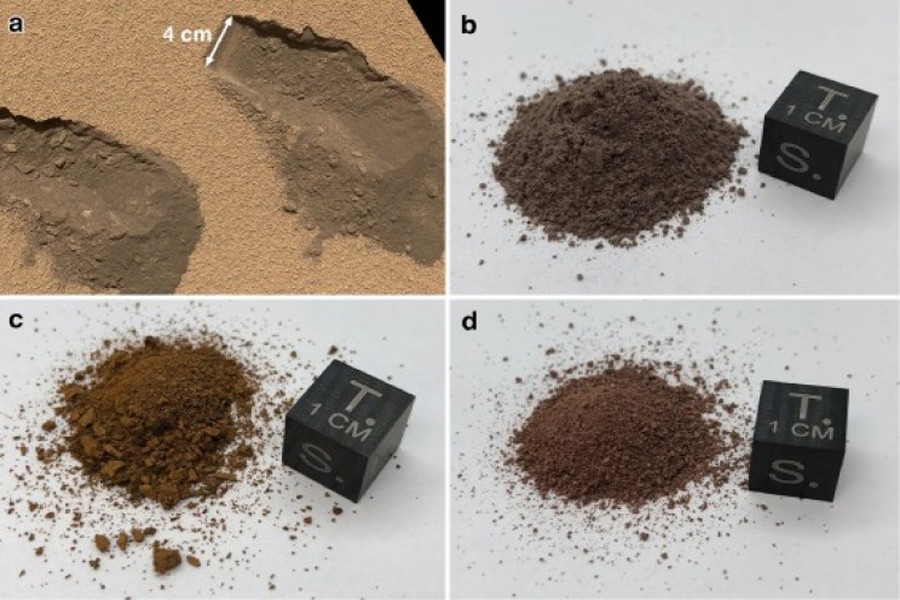Martian soil developed in University of Central Florida on sale for $20 per kg

Published :
Updated :

The University of Central Florida (UCF) in the US has a unique product to sell - experimental Martian and asteroid soil. Interested buyers can get it for $20 a kg plus shipping.
For creating the Martian and asteroid soil known as simulants, the researchers developed a scientifically based, standardised method.
The formula that helped the astrophysicists at the university to develop the experimental Martian soil is based on the chemical signature of the soils on Mars collected by NASA’s Curiosity rover, according to a study published in the journal Icarus.
“The simulant is useful for research as we prepare for Mars visit,” said Professor Dan Britt, a member of UCF’s Planetary Sciences Group.
“If we are going to go, we’ll need food, water and other essentials. As we are developing solutions, we need a way to test how these ideas will fare,” Britt added.
For example, scientists looking for ways to grow food on Mars need to test their techniques on soil that most closely resembles the Mars environment.
“You wouldn’t want to discover that your method didn’t work when we are actually there,” Britt said.
“What would you do then? It takes years to get there.”
The new substance will also now provide a standardised scientifically-founded base for researchers to accurately compare experiments. To encourage such precise work, the formula is published online for all to access and use.
The formula is also compatible with the different types of soil that can be found on Mars. "With this technique, we can produce many variations," said Kevin Cannon, the paper's lead author, and a post-doctoral researcher who works with Britt at UCF, according to Interesting Engineering.
The researchers said that because the formula is based on scientific methods and is published for all to use, even those not ordering through University of Central Florida can create dirt that can be used for experiments, which reduces the uncertainty level, Hindustan Times reported.
They believe there is a market for the simulant. At $20 a kilogram, plus shipping, it may be easier to send UCF an order, than to try and make it in labs.
The team already has about 30 pending orders, including one from Kennedy Space Center in the US for half a ton, UCF said in a statement this week.


 For all latest news, follow The Financial Express Google News channel.
For all latest news, follow The Financial Express Google News channel.